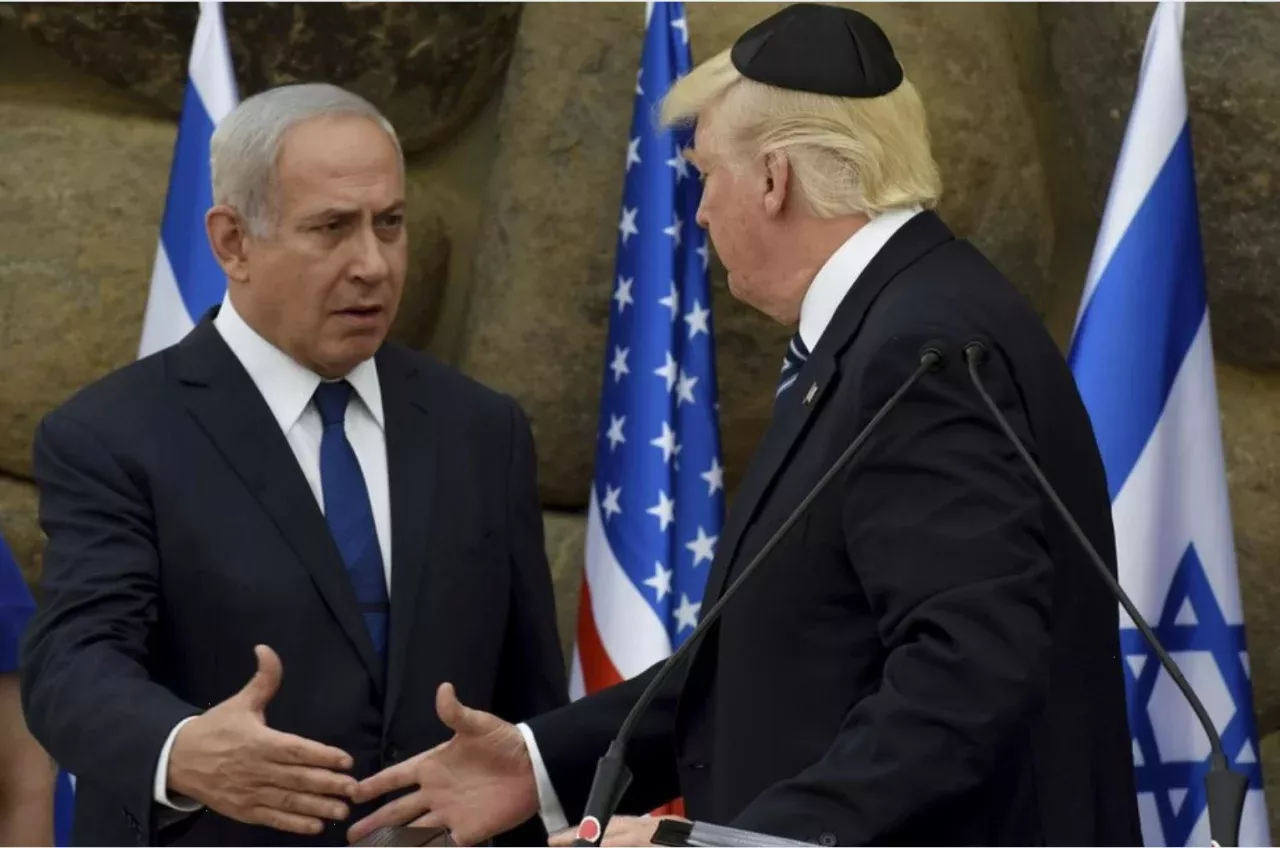
A sharp and dangerous situation has once again emerged in the Middle East. The government led by Israeli Prime Minister Benjamin Netanyahu is intensifying military actions against Iran, and serious analyses suggest that it is also trying to directly involve the United States in this process. According to Shahram Akbarzoda, a professor at Australia's Deakin University, the armed confrontation between Israel and Iran will not only continue but will also engulf the entire region. He believes that the US will inevitably be drawn into the conflict due to its obligation to guarantee Israel's security.
In fact, Akbarzoda emphasizes that Netanyahu's main goal is precisely this — to turn the United States into an active participant in the conflict and to seek to overthrow the government in Iran. These views were expressed in an interview with the "Al-Jazeera" television channel and are significant in revealing the complexity of the political situation in the region.
The large-scale airstrikes carried out by the Israeli army on the morning of June 13, 2025, were known in advance by the administration of US President Donald Trump, but the American side officially emphasized that it did not participate in this operation. At the same time, Professor Muhammad Bazzi, head of the Middle East Studies Center at New York University, believes that this operation was carried out with Trump's indirect approval.
Bazzi's analysis article published in "The Guardian" states that Trump is playing on two fronts at the same time: on one hand, he is conducting peace negotiations with Iran, while on the other hand, he is providing full political and financial support to Israel for aggression. According to him, during Trump's presidency, billions of dollars' worth of weapons were supplied to Israel, and pressures were organized to curb criticisms against Israel through international organizations.
In this case, the US has already become a direct participant in the conflict between Israel and Iran. A clear example of this is the assistance provided by US intelligence services to the Israeli army in intercepting hundreds of rockets fired at Israel by Iran on the night of June 14.
During these battles, Israel reported strikes aimed at Iran's nuclear facilities. However, official Tehran stated that these strikes did not cause significant damage to the underground nuclear facilities, and all major sites remained intact. Analysts also emphasize that Israel lacks sufficient military capability in this regard. According to them, strategic bombers like the US B-2A or B-52H and special bunker-buster bombs are needed to destroy nuclear infrastructure located up to 60 meters underground. This capability is only available to the US.
Another noteworthy aspect is that this operation occurred at a time when diplomatic negotiations regarding nuclear agreements between the US and Iran were entering a heated phase. A few days earlier, Trump had emphasized the importance of reaching an agreement through diplomacy and stated that he had not allowed an attack on Israel. However, it seems that Israel did not take these words into account.
Iran's Foreign Minister Abbas Araqchi issued a statement on behalf of official Tehran, accusing the US government of hypocrisy and deception. According to him, after such barbaric actions by Israel, it is futile to hold any peaceful negotiations with Washington.
Meanwhile, Iranian officials warned that US military bases in the Middle East could also become targets of attacks. Netanyahu stirred serious fears with his statement that "the military operation will continue as long as necessary." Trump, on the other hand, announced that he would give Tehran a "second chance."
Analysts emphasize that for Netanyahu, this war has become a means to prolong his political life. He is linking his continued hold on power to a war against Iran and is reportedly dragging Trump into this path as well. This war could have serious consequences not only in the region but also on a global scale.
According to reports, 78 Iranian citizens, including high-ranking military personnel and nuclear specialists, were killed in the Israeli airstrikes on the morning of June 13. 320 people were injured. In retaliation, three Israelis were killed and 19 were injured in the missile attack carried out by Iran on the night of June 14.
Within a day, both sides launched missile strikes against each other again. So far, initiatives for peace are yielding no results, and it is clear to everyone that this escalation is dragging the region into a comprehensive war.